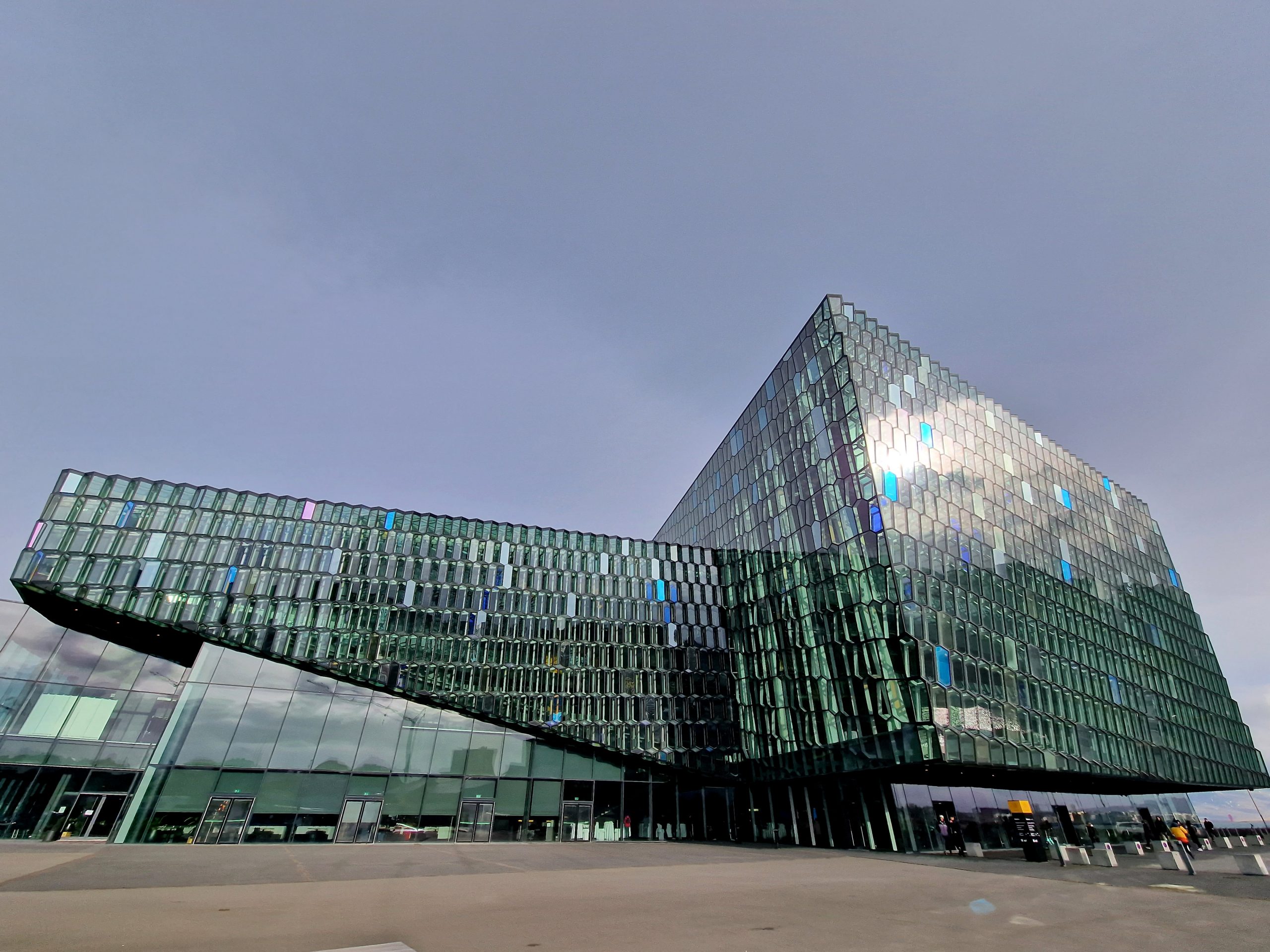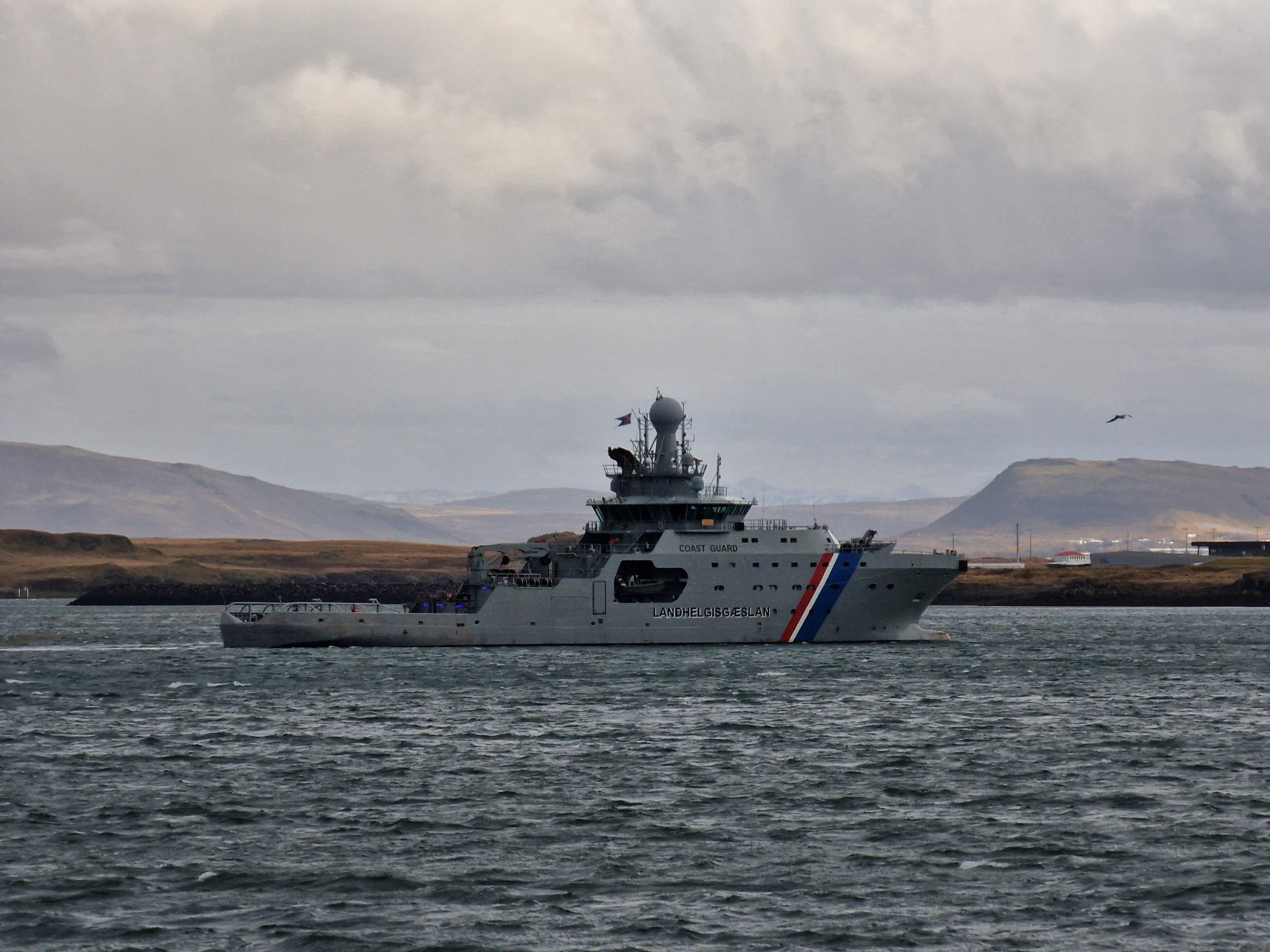Impressions from our qualitative expert interviews on changing political priorities in the Arctic
3 December 2023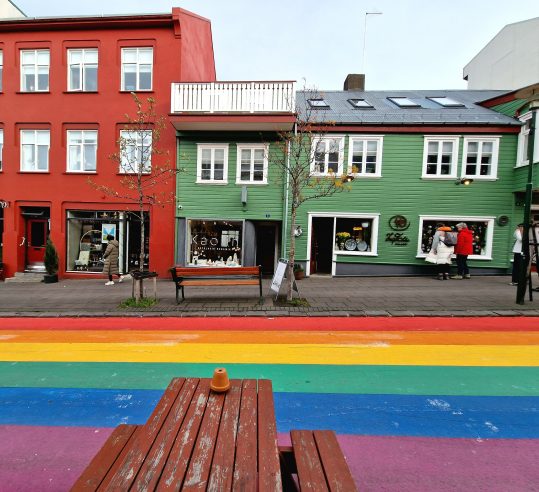
By Jakob Schwörer, Jan Phillip Ronde & Christoph Humrich
At the Friedrich-Ebert-Stiftung Nordic Countries, we have recently launched a program of research and events on progressive politics of the Arctic. As part of our forthcoming study on the changing priorities of states in the Arctic, our team conducted 19 qualitative interviews at the Arctic Circle Assembly in Reykjavik. We engaged with experts (think tank and university scholars, local politicians and mayors, mostly from Arctic countries) on security, climate, economic, and Indigenous issues. In this blog, we share initial impressions from these interviews and explore shifts in the salience of security, economic, community, and environmental issues since Russia’s invasion of Ukraine.
Security
The invasion of Ukraine has heightened security concerns in most states engaged in the Arctic. Respondents describe an increase in military budgets, surveillance, exercises, and infrastructure, especially in northern Fennoscandia (mainly the mainlands of Finland, Norway and Sweden). While the states’ interests (e.g. US and Canada) in Arctic security predated the war, consensus holds that the invasion has accelerated them. Nonetheless, the prospect of direct military conflict in the Arctic is widely dismissed. Some argue that rising tensions stem less from the Arctic and more from NATO-Russia and US-China relations at the international level. Most interviewees feel that pivotal issues like climate change and Indigenous rights are being overshadowed by the security dimension, despite being deemed more important.
However, some respondents believe that the risk of military incidents in the Arctic has increased since Russia’s invasion of Ukraine. Hybrid warfare from Russia and misinterpretation of military activities are occasionally seen as an increasing challenge. An intensified military presence of NATO is not seen as helpful.
Economy and resources
The war, in combination with the “Green Transition,” has seemingly spurred economic ventures like mining and wind farms in Northern Sweden and Norway, partially driven by Europe’s need for independence from Russia and China. Local politicians note an ease in rallying political support for such projects. Contrary to fears of an “Arctic resource race,” experts and politicians see the resource demand as internal state affairs, not a catalyst for inter-state tension. Some reject the notion of increased economic activity, as mining, for example, is not possible in most parts of the Arctic, and thawing permafrost makes economic ventures more difficult.
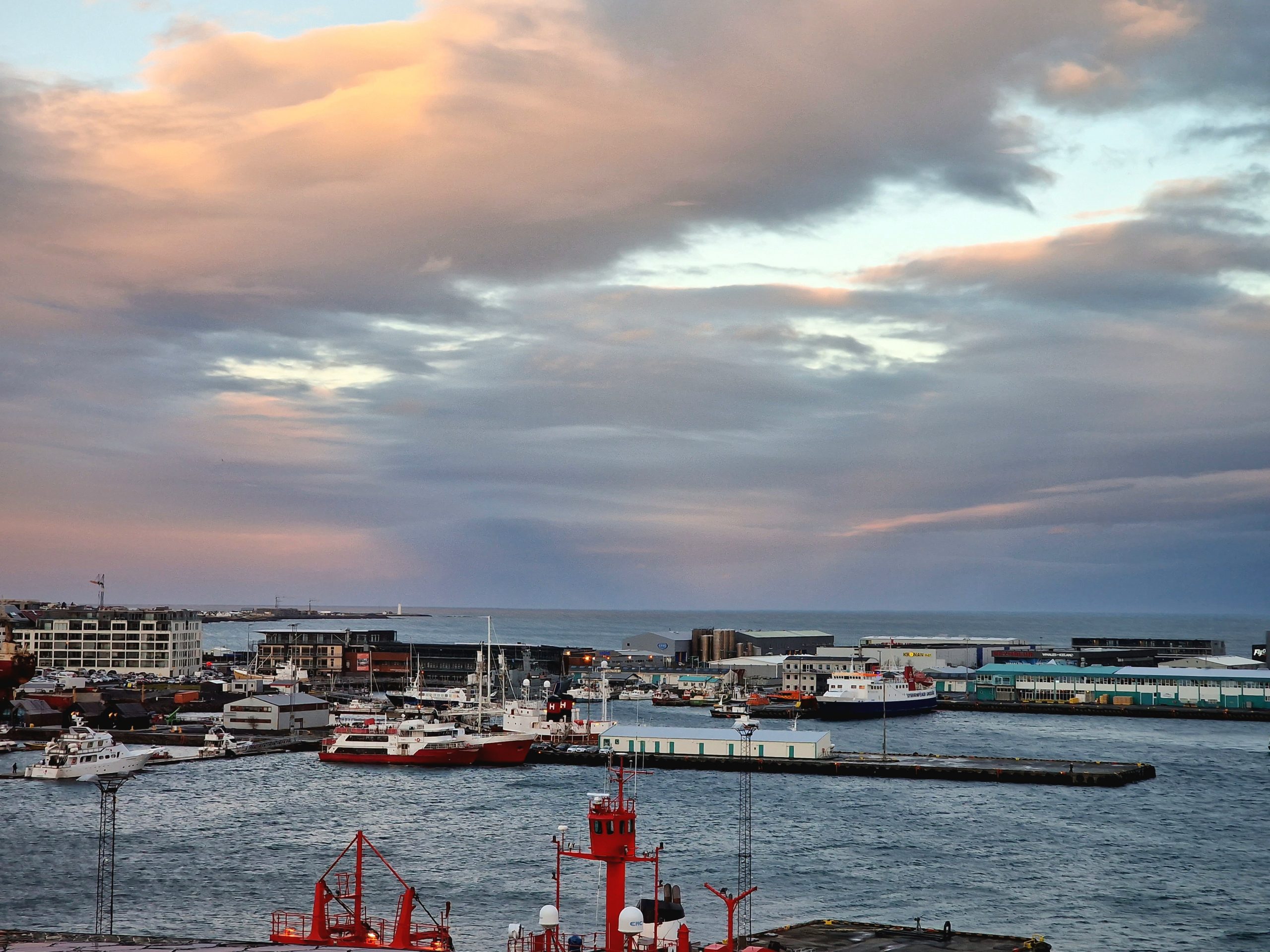
Local and Indigenous communities
In addition to the disruption of Indigenous lands (e.g., the Sámi cultural area) by the closing of borders, the war in Ukraine also indirectly affects communities. Norway’s strategy of populating the north as a bastion of security leads to increased government investment in education and welfare, which has reportedly accelerated since the war. While the proliferation of infrastructure projects in northern Sweden, Norway, and Finland disrupts the lands of Indigenous reindeer herders (e.g. railways; road construction), other communities fear less negative consequences from investments. Respondents agree that a major problem throughout the Arctic is the lack of representation and ownership of Indigenous groups. Involving Indigenous groups in decision-making requires resources, but it also builds trust and facilitates future projects.
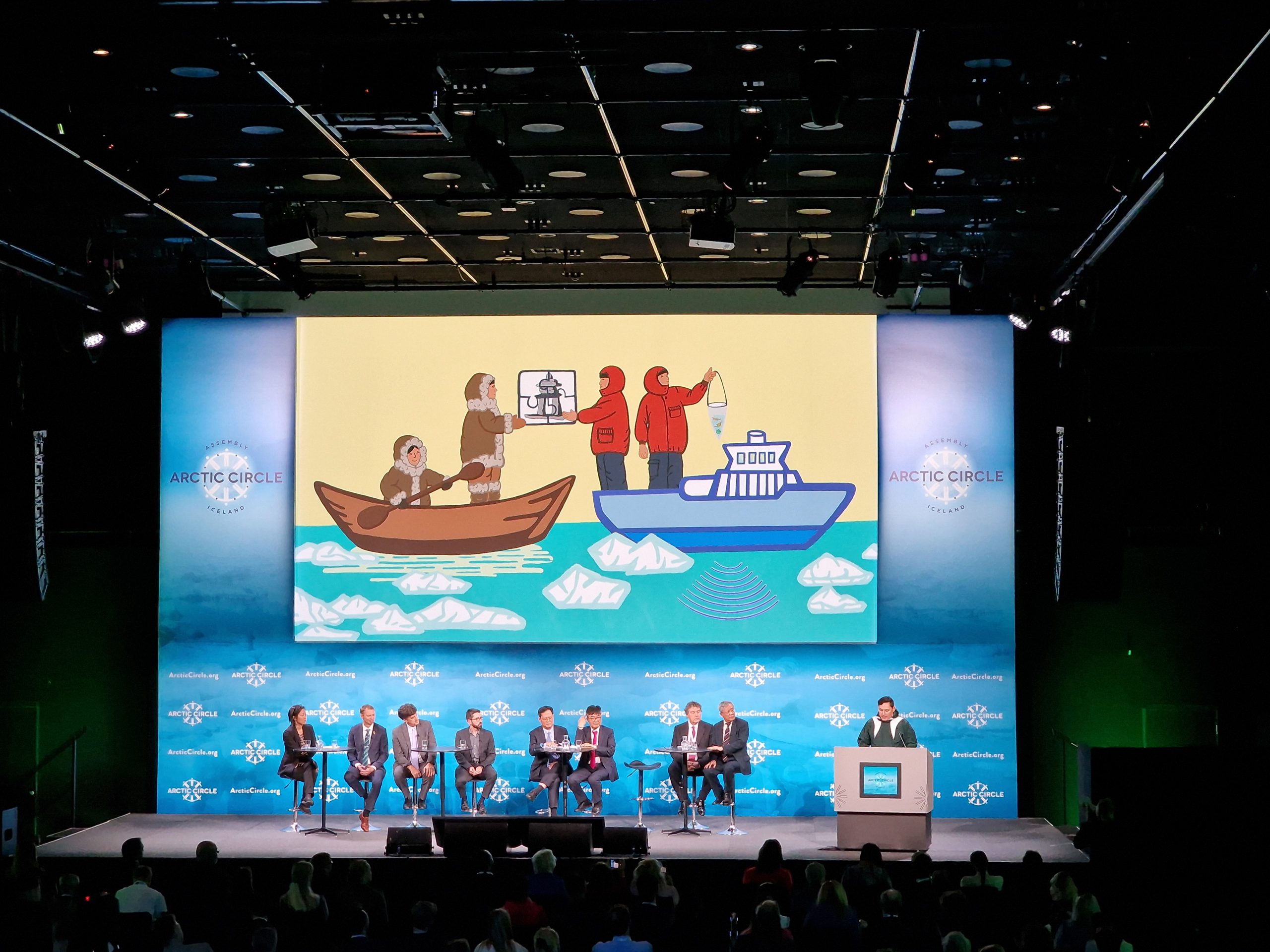
Environment and climate
Environmental challenges are growing in some Arctic regions as economic activity increases. But these are also unintentionally creating environmental threats. For instance, as one respondent pointed out, Western sanctions are driving Russia to use non-ice-strengthened ships to transport oil and gas to China, which carries high environmental risks.
The stop of scientific cooperation on climate research between Russia (covering half of the Arctic) and other Arctic states is seen as worrying. Continued cooperation between Norway and Russia on fishing quotas was seen as positive. While private investment in “green” ventures in northern Fennoscandia may accelerate a climate-friendly transition, environmental issues related to economic activities receive less attention as security (and partly economic) issues become more important.
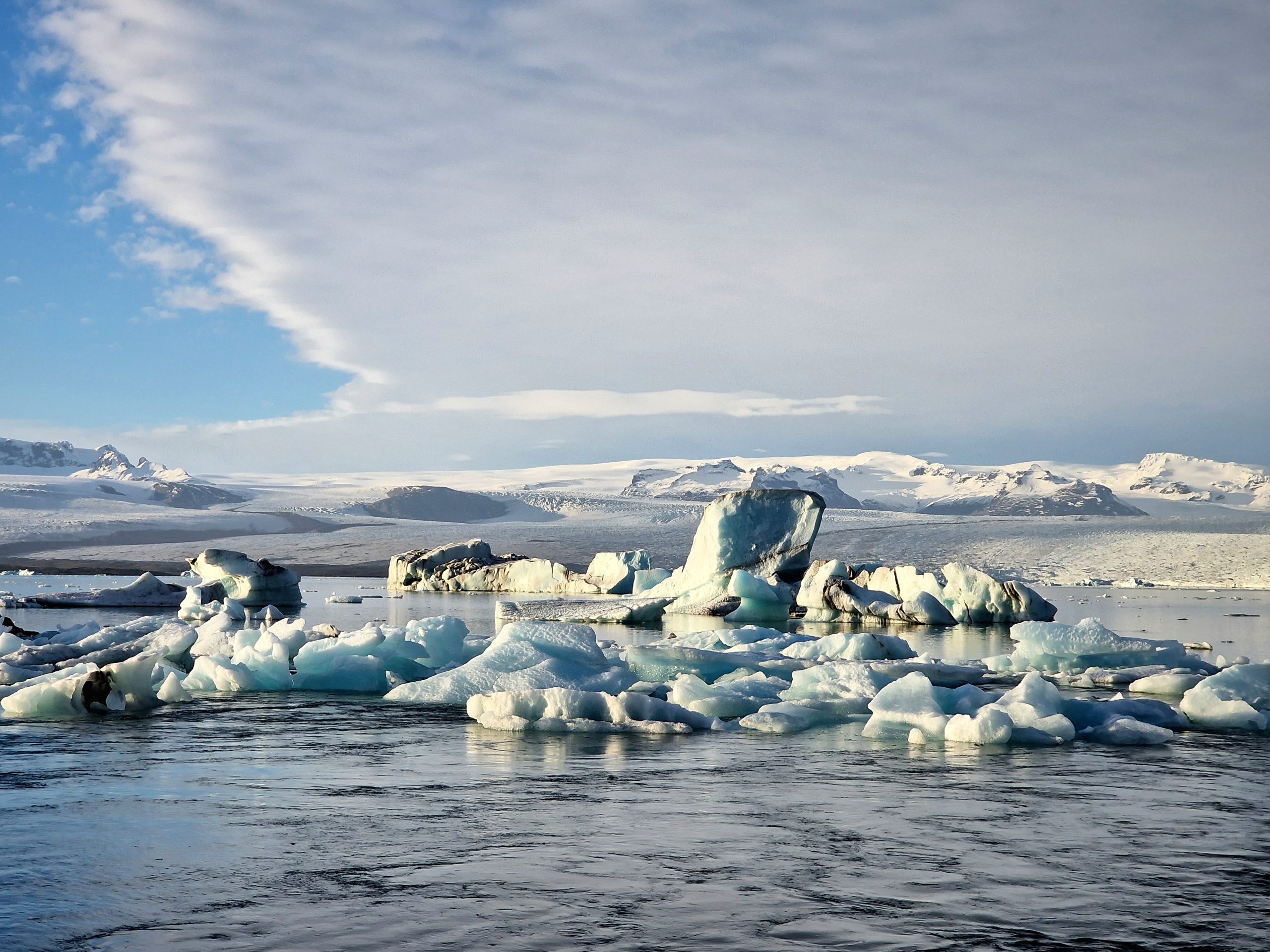
Conclusion
The impact of Russia’s invasion of Ukraine varies from one Arctic region to another. However, security concerns have increased in most states, although experts do not identify any immediate security threats. Economic activity in Northern Norway and Sweden has increased, posing challenges to Indigenous communities and the environment. But investment in infrastructure and “green” ventures is also seen as an opportunity for remote areas and for Europe’s green transition. The Arctic is not a homogeneous area, and local communities in the North of Norway and the Canadian Arctic face different challenges. Nonetheless, the war in Ukraine appears to be a significant accelerator of many processes and developments – albeit already underway – especially in the Fennoscandic Arctic.
Jakob Schwörer is policy advisor at the Friedrich Ebert Foundation in Stockholm, working on populism, party politics and politics in the Arctic. He was a postdoctoral fellow at Leuphana University Lüneburg and visiting scholar at the University of Oslo and Uppsala. He is guest lecturer at the University of San Francisco in Quito.
Jan Phillip Ronde is a Masters Graduate in Political Science and European Politics from the University of Tübingen. His work is mainly focusing on Geopolitics and Climate Change. Jan Phillip joined the research project as an Intern for the FES Nordics Office in Stockholm.
Christoph Humrich is Assistant Professor of International Relations and World Politics at the Faculty of Arts, University of Groningen. His research focuses on Arctic relations and security.
- From the Floe Edge: Visualising Sea Ice in Kinngait, Nunavut
- Bridging Knowledge and Action: A Polish-Norwegian Perspective on Arctic Science-Policy Collaboration
- Unpacking the Motivation Behind Wintering at Polar Stations
- Working the Ocean’s White Gold: A Nutshell History of a Living Bering Strait Tradition
- Political Participation in the Arctic: Who is heard, when, and how?
